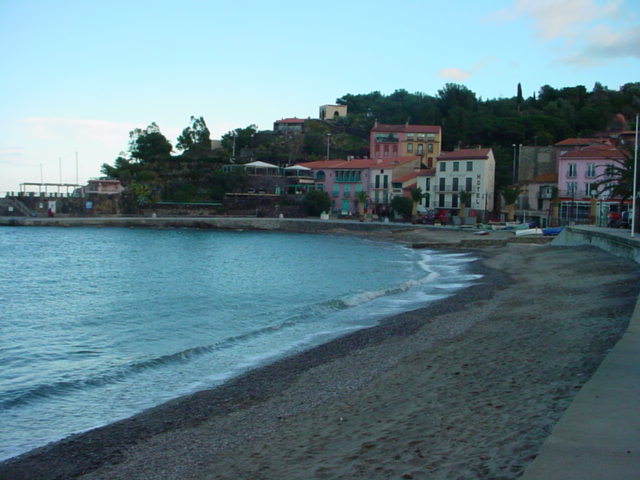 I am in the middle of reading Ayaan Hirsi Ali's The Caged Virgin.
I am in the middle of reading Ayaan Hirsi Ali's The Caged Virgin. For the past few years, I've read many articles about Hirsi Ali, and have known her views, but I had never read any lengthy works by her. For instance, she was featured as the obsessive fascination of Ian Buruma in his recent book, Murder in Amsterdam (previous post).
.
It's a shame to always be writing on this blog when I'm halfway, rather than all the way through these books. Don't I want to give the author a chance?
.
Hirsi Ali's ideas about having a public debate of ideas in the Netherlands with the country's Muslim minorities about integration, about terrorism, about radicalization, about laws that relate to them, sound very familiar. I've heard it echoed by others, and I think it is wise.
.
Ayaan is adamant about blaming Islam for many of the ills that plague Muslim countries in the world and Muslim immigrants in the West. There hasn't been an Enlightenment in the Islamic world as there has been in the West, she argues. There is no culture of questioning authority and religion ("Let us have a Voltaire," she proclaims). And the patriarchalism of Islam's rules and its tribal legacy dictates that Muslims and their nations will lag behind the West. She backs this up with, at one point, lengthy passages from the Koran. She diagnoses Muslim women who defend the veil as sufferers of a kind of "Stockholm syndrome," that they persist in defending their captors.
.
I'm still not convinced that "Islam" couldn't be replaced by "Moroccan," "Algerian," or "rural Turkish" culture, and she readily admits that immigrants to the Netherlands are coming from the least developed areas of these countries. And what of the rest of Turkey, which is Islamic yet somehow manages to almost never be categorized with the rest of the Islamic world and its failing development? (Last week's Economist article about the persistence of honor killings of female relatives who dishonor families in rural areas of Turkey).
.
She seems to contradict herself by, on the one hand seeing Islam as the root of the problem, while at at least one point so far, also describing it as a tool of the powerful ruling classes to manipulate citizens in Islamic countries. If Islam can be used as an instrument, then it can bend to the will of those who want to use it as such. Can't its rules be interpreted in liberal vs. conservative ways just like Jewish or Christian texts? Why does the literal interpretation have such a powerful hold on the Islamic world?
.
She blames Islam for the lagging development in Muslim countries, whereas there are lots of non-Muslim countries that also have these problems. I don't think she takes into account the way that economic structures in some parts of the Islamic world perpetuate some problems, like reliance on one commodity, funneling funds into government coffers while the economic need to invest in the population is absent.
.
It is a psychological tactic that Hirsi Ali dismisses the colonial legacy as a factor in problems in the Islamic world. Whether or not this concept increases the sense of victimhood in former colonies, it deserves more consideration in her worldview. Hirsi Ali, however, is not writing as a historian but as a polemicist. And she's pretty good at it.
Like I said, I'm still reading.

No comments:
Post a Comment